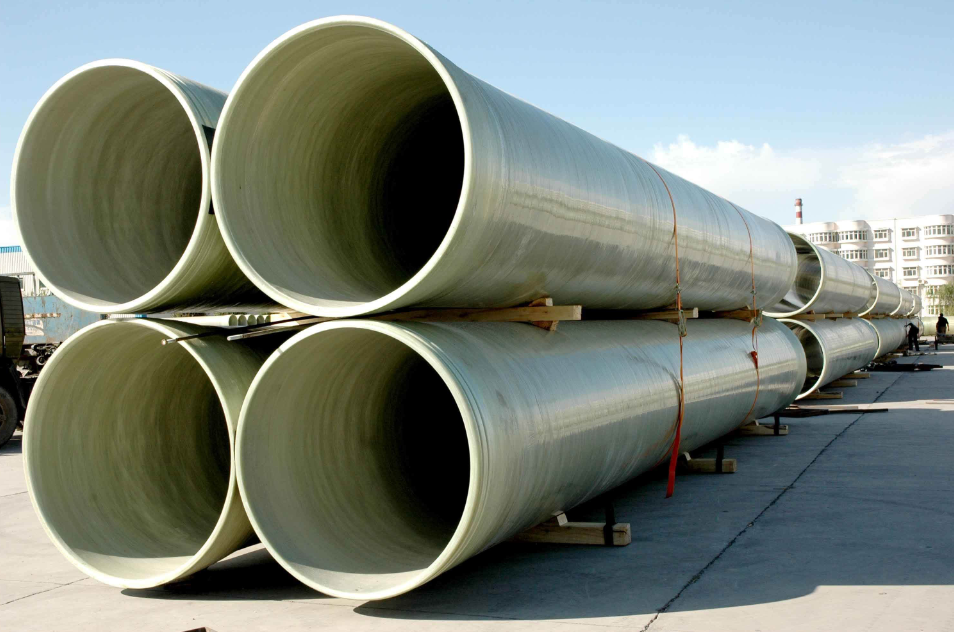In the realm of industrial infrastructure, the choice of materials is a pivotal decision that profoundly impacts performance and longevity. As industries evolve, the spotlight is increasingly turning to the numerous advantages offered by GRP pipework over traditional materials.
Lightweight and Durable: A Winning Combination
One of the standout features of GRP pipework is its lightweight nature coupled with exceptional durability. Unlike traditional materials such as steel or concrete, Glass Reinforced Plastic (GRP) pipes are significantly lighter, making them easier to handle and transport. This lightweight quality also contributes to reduced installation and maintenance costs.
Corrosion Resistance for Longevity
Corrosion is a persistent adversary in industrial settings, leading to costly repairs and replacements. GRP pipework, however, boasts remarkable corrosion resistance. The inert nature of GRP makes it impervious to the corrosive effects of chemicals and environmental elements, ensuring a prolonged lifespan for the pipes.
Smooth Interior Surface: Enhancing Flow Efficiency
The interior surface of GRP pipes is inherently smooth, minimizing friction and turbulence within the pipe. This smoothness enhances the flow efficiency of fluids, reducing energy consumption and optimizing the overall performance of the system. In contrast, traditional materials with rough interior surfaces can impede fluid flow and necessitate more robust pumping systems.
Versatility in Design and Customization
GRP pipework offers unparalleled versatility in design and customization. Manufacturers can tailor the pipes to specific dimensions and requirements, allowing for a seamless integration into various industrial processes. This adaptability ensures that GRP pipes can meet the diverse needs of different industries.
Cost-Effective Installation and Maintenance
The lightweight nature of GRP pipes not only simplifies installation but also reduces the need for heavy machinery. This ease of installation translates into cost savings. Furthermore, the corrosion-resistant properties of GRP result in minimal maintenance requirements, contributing to long-term cost-effectiveness.
Incorporating GRP Pipe in Industrial Applications
In industrial scenarios where chemical resistance is paramount, opting for GRP pipe is a strategic choice. The resilience of GRP against harsh chemicals and corrosive substances ensures the integrity of the piping system, safeguarding both the process and the environment.
Conclusion
In conclusion, the advantages of GRP pipework are reshaping the landscape of industrial infrastructure. From lightweight durability and corrosion resistance to enhanced flow efficiency and cost-effectiveness, GRP pipes offer a compelling solution for diverse industrial applications.

